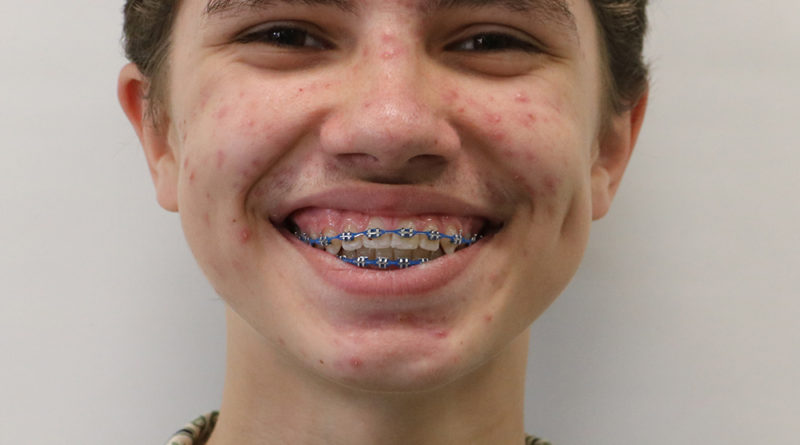Popularity goals breed classism among youth
Many CVHS students have been quick to post all throughout social media promoting themselves and their friends for senior superlatives recently. Senior superlatives are phrases such as “best dressed” and “most likely to be best friends in 50 years” that describe students who excel in a certain talent or characteristic. While senior superlatives are supposed to be a fun way to recognize notable students in the senior class, they have unsurprisingly become just another struggle for popularity among the students of CVHS.
While popularity pressure at our school isn’t necessarily what we see in movies or TV, there is no doubt it is there. Before this year, I naively believed that popularity pressure became nonexistent after we entered high school because I myself was unaffected by the “power,” per se, of my popular peers. But, one day I heard a peer reference certain students as “popular” and another mentioning how happy she was that a certain popular student had talked to her that day. After hearing what other students mentioned about the popular group, I realized that social structure in high school was as strong as ever.
Senior superlatives are just one example of how popularity pressure affects us all constantly throughout our time in high school and beyond. While the specific social structures that we have been building since we started school will collapse when we walk these hallowed halls for our last time, they will leave us trained perfectly to embrace the classism we will experience in the real world.
The basic principles that create social classes in the real world, such as income and social network, are some of the same factors that make up popularity. Students who come from more affluent families are able to go out more and host parties, making them able to make more friends, and students who come from established families within Castro Valley or within other ethnic, religious, or other communities have built-in connections from parents and siblings’ friends.
When students go out and experience the social structures of the real world, they will subconsciously already submit to the preexisting conditions set in place by social classes. They will be ready to appease the needs of those who have more money and greater connections and will themselves contribute to the system.
The significance behind senior superlatives is so much more than just the superlatives themselves. Superlatives aren’t what has to be changed; it is the culture of school popularity that does. We as students need to stop observing school popularity in order to break the cycle of valuing other people for their percieved social status.

